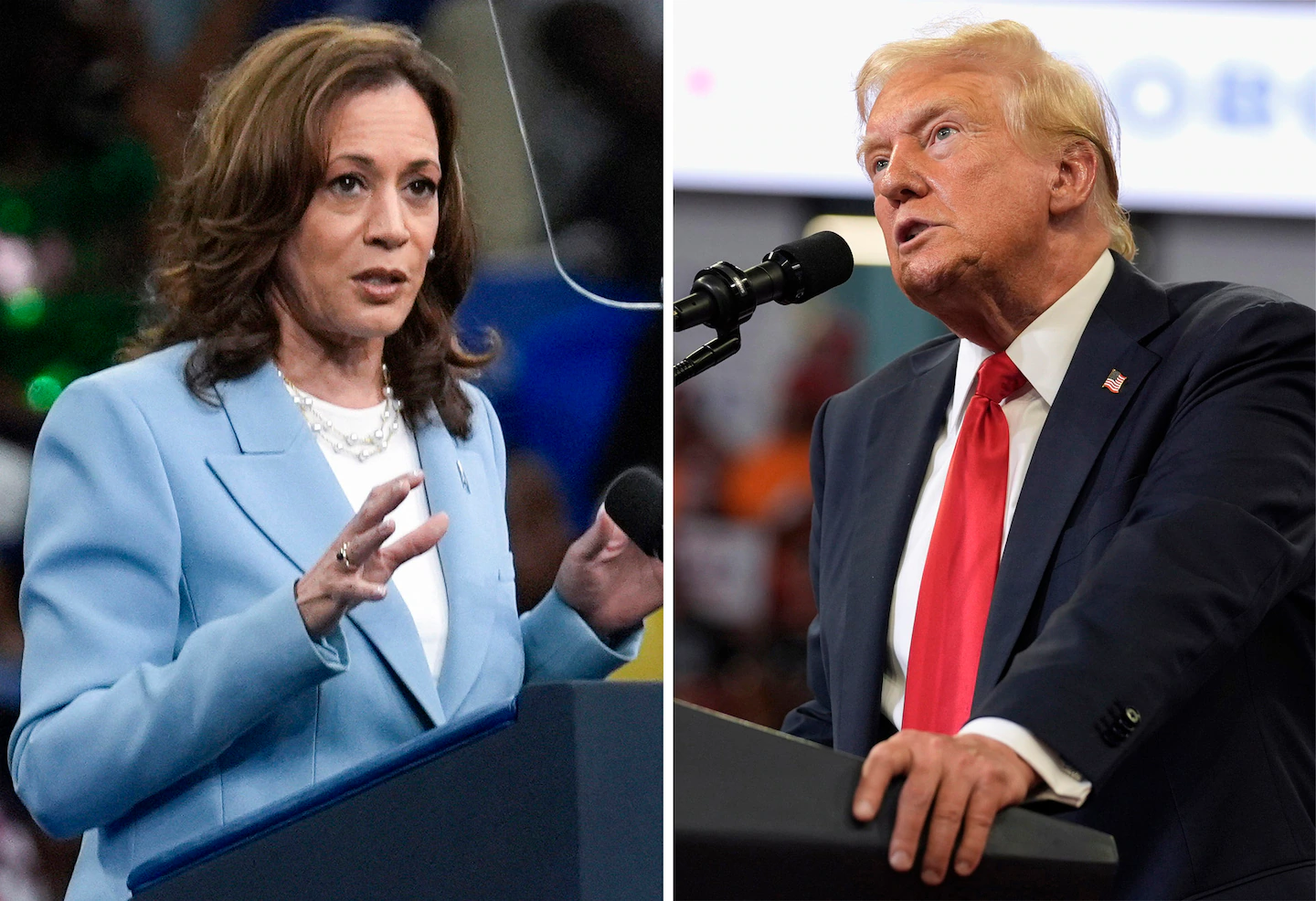According to a recent survey by global financial platform Investing.com, 61% of investors see former President Donald Trump as the best candidate to lead the U.S. economy in the 2024 election. The survey, conducted between October 8 and 18, polled 1,117 U.S.-based investors from Investing.com’s user database.
Although Trump remains the top choice, confidence in Vice President Kamala Harris has increased, with 23% supporting her economic approach—up from the 16% who backed President Joe Biden in a similar survey before the 2020 election. However, 55% of investors believe Biden’s economic record could weaken Harris’s prospects, while only 22% think it would help.
Nearly 80% of investors say the current state of the economy, particularly inflation and high consumer debt, shapes their view of Harris as a potential presidential candidate. Of those, 52% report it affects them significantly, while 28% feel it moderately influences their opinion.
Senior analyst Thomas Monteiro from Investing.com explained, “Although the market and the Fed have already declared victory over inflation, the ghost of price rises still plays a key role in the average American’s daily life and, consequently, in the decision-making process when choosing who to vote for.” He added, “That is not only because wages have only now managed to grow faster than inflation but also because, with rates held at a high for an extended period, consumer credit is at a record high of $5.1 trillion – meaning that Americans are more indebted than ever.”
With the November 5 election approaching, concerns about inflation, consumer debt, and wage growth continue to dominate investor focus, as candidates’ policies could impact different economic sectors. About six in ten respondents feel Trump’s past economic performance and foreign policy would positively impact the economy, compared to only 28% who feel the same for Harris.
Investor perceptions vary regarding sector benefits under each candidate. Trump’s policies are expected to benefit oil and gas (71%), cryptocurrency and defense (46% each), industrials (39%), technology (37%), as well as real estate and finance sectors (35%). On the other hand, a Harris win is seen as advantageous to renewable energy (52%), electric vehicles (47%), and healthcare (40%).
Despite varying sector expectations, Monteiro noted that “the overall outlook for the S&P 500 remains positive regardless of the election outcome.” Since the start of the year, the S&P 500 has risen by nearly 22.3%.
Monteiro added, “Against this backdrop, the sweet spot for the market would be having a divided government, as that would diminish the particular risks associated with each candidate… that is, higher corporate taxation for Harris and an ad hoc China policy for Trump. This holds particularly true given that the market seems to have looked past these risks so far.”
In key battleground states, support differs from the national average. Investors in Arizona and Nevada see Harris as a closer competitor to Trump economically, while Ohio and Florida show even stronger support for Trump’s economic impact.





